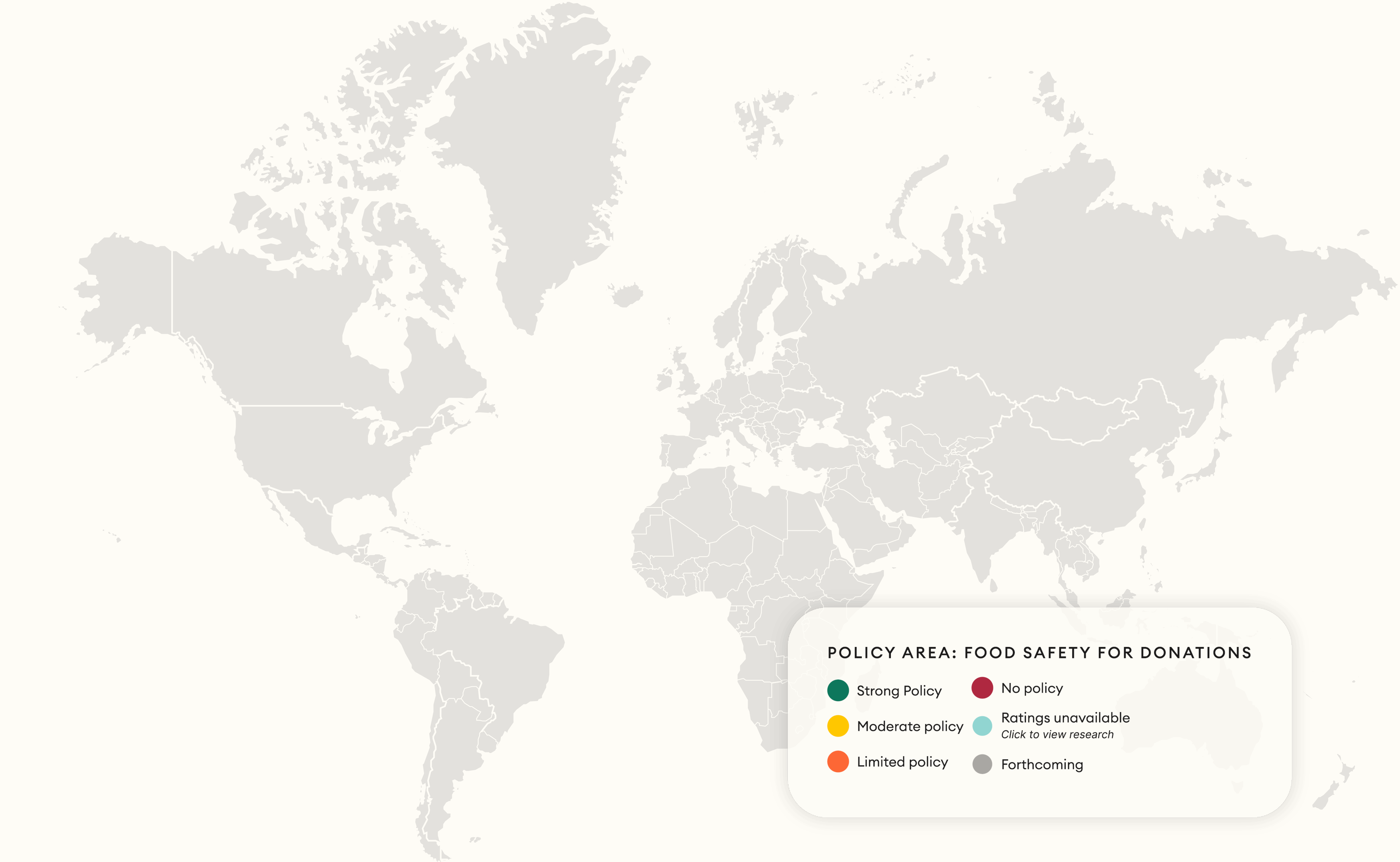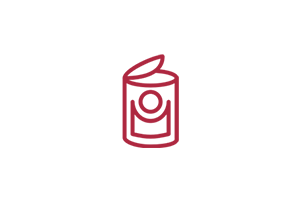Argentina: Policy Highlights and Opportunities
Each year, Argentina loses and wastes 16 million tons of food. At the same time, more than 11% of the population experiences severe food insecurity. Amidst these trends, the government has taken meaningful federal action, introducing a National Plan for the Reduction of Food Loss and Waste (el Plan Nacional de Reducción de Pérdidas y Desperdicio de Alimentos) and amending the national Food Donation Law (“Ley Donal”) to provide additional support for food donors, food banks, and other food recovery organizations.
Atlas Research: Argentina
Policy Highlights
Argentina research was published in June 2020 and was made possible with the advice and support of our on-site partners, including Red Argentina de Bancos de Alimentos.
Policy Opportunities and Recommendations





